The Olympics that came after the world changed
The Olympics in Barcelona is remembered by Israeli sports enthusiasts mainly because of Israel's first medals, but it was also an Olympics that saw significant changes in its surroundings and world order
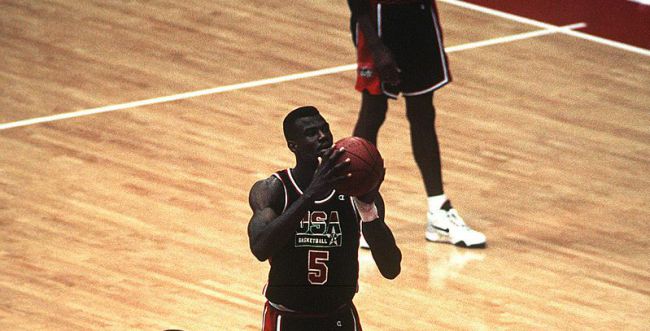
The Barcelona Olympics, which opened on July 25, 1992, exactly 21 years ago today, is memorable for all of us as the Olympics where Israel won an Olympic medal. But beyond our small arena, it was one of the most significant Olympics in terms of political implications.
For the first time in 32 years, South Africa returned to the Olympics, and Germany sent a unified team after 28 years. Meanwhile, the dissolution of the Soviet Union and Yugoslavia led to the participation of separate teams from these countries. This was the Olympics that also changed Olympic basketball with the inclusion of the "Dream Team" from the United States.
South Africa: Abolished apartheid and returned to the Olympic Games
South Africa was a regular participant in the Olympics since 1904, but the apartheid regime in South Africa led the Olympic Committee to ban the country in 1962. The ban also extended beyond South Africa when, in 1976, 28 countries led by Congo boycotted the Montreal Olympics in protest of New Zealand's participation in the Games. The protest arose after the New Zealand rugby team visited South Africa.
On February 2, 1990, South African President Frederik Willem de Klerk approved the participation of the African National Congress (ANC), representing the black majority, in the elections. This marked the beginning of the end of apartheid. Nine days later, he released the leader of the anti-apartheid movement, Nelson Mandela, from prison. A year later, he repealed other apartheid laws in the country. In 1993, de Klerk was awarded the Nobel Peace Prize for these actions.
Following the abolition of apartheid, a South African delegation participated in the Games, with 93 athletes taking part and bringing home two silver medals.
The Soviet Union: Won gold after its dissolution
In those years, winds of change also swept through the Soviet Union. On February 7, 1990, the Communist Party agreed to relinquish its monopoly of power. The 15 republics that composed the Soviet Empire held internal elections, and in many of them, nationalist parties were elected, demanding autonomy. Some of the republics ceased to transfer taxes to the central authority in Moscow, deepening the economic crisis that prevailed in the Soviet Union during that period.
The first country to declare independence was Lithuania on March 11, 1990. The Soviet army tried to suppress the uprisings by imposing an economic blockade on the country. On March 30, Estonia joined Lithuania and declared the Soviet control over the country as illegal. Latvia was the third to join on May 4 of the same year.
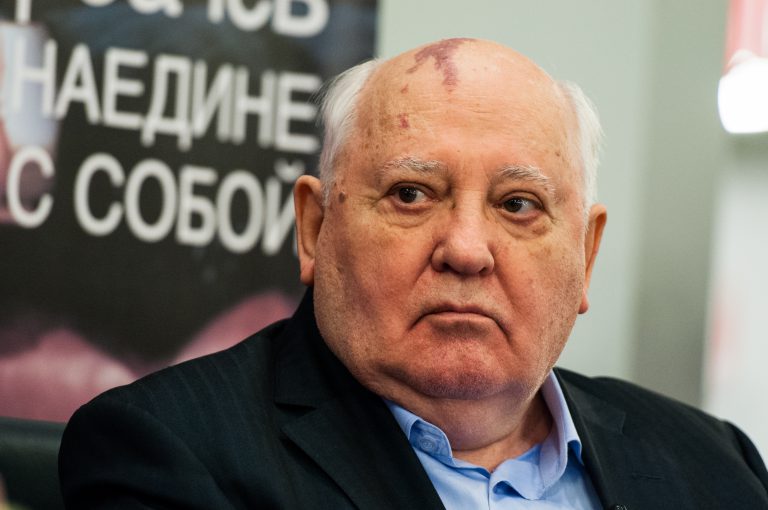
On August 24, a year later, Mikhail Gorbachev resigned as the President of the Soviet Union and as the Secretary of the Communist Party, which accelerated the dissolution of the Soviet Empire. Eight more countries declared independence shortly after that. The first three countries to declare independence were also the only ones that participated in the 1992 Olympics as independent states. The rest of the Soviet Union countries participated together as a united delegation named "Unified Team" and even won the gold medal in women's basketball.
Germany: Unified before the Barcelona Olympics
The dissolution of the Soviet Union also had an impact on Germany, which became a unified entity for the first time since World War II. During the war, Germany was occupied by four powers: the United States, France, Britain, and the Soviet Union. The first three unified their occupation zones into West Germany, while the part under the control of the Soviet Union became East Germany. Until 1964, the Olympic Committee did not approve two German teams, and they sent a united team.
After the fall of the Berlin Wall and the collapse of the Soviet Union and the Soviet Bloc, a non-communist party was elected in East Germany in 1990. The fact that the Soviet Union no longer existed made the existence of East Germany unnecessary. On August 23, the reunification treaty was signed, and Germany sent a united team to the Games with 486 athletes, who achieved 82 medals, including 33 gold medals.
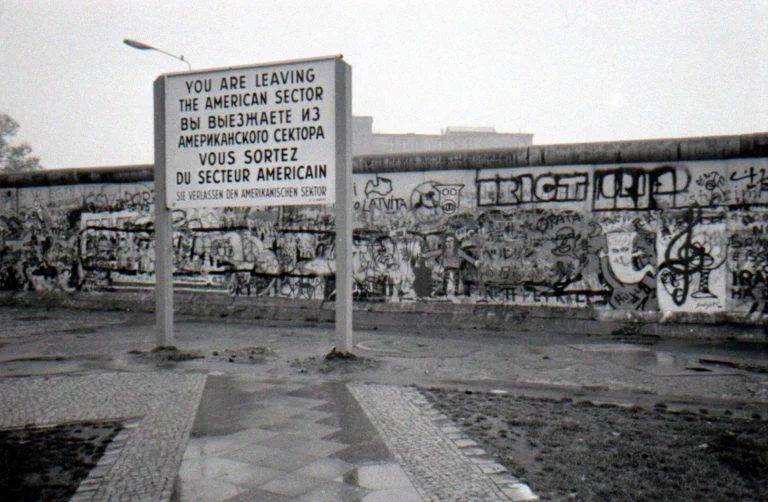
Another empire that disintegrated was Yugoslavia, when in 1991, three of its member states declared independence: Bosnia and Herzegovina, Croatia, and Slovenia. They faced severe attacks from the Yugoslav authorities, which triggered the Yugoslav Civil War that lasted until 2001. Due to the war, the Olympic Committee banned Yugoslavia from participating, but the three independent states sent their own delegations.
Ahead of the Barcelona Olympics: FIBA changed its decision
But not only significant political events influenced the Barcelona Olympics, but also one administrative decision by FIBA. When the Olympic basketball tournament was established, professional players were banned from participating. However, the advantage of the United States was evident as they won seven gold medals in the first seven tournaments. In 1972, they suffered their first contested loss to the Soviet Union, and to this day, they have not taken the silver medal.
After a few years, professional players from around the world were allowed to participate, except for NBA players, which led the United States to send college players and amateurs. This resulted in the United States losing the medal for the second time in history when they finished third in the 1988 Seoul Olympics.
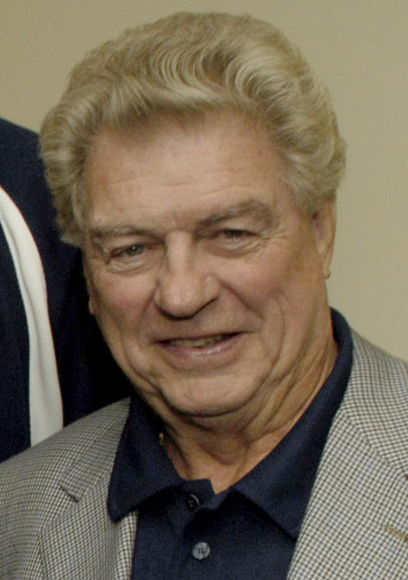
A year later, FIBA decided to change the rule and announced that NBA players would be allowed to participate in the Olympic tournament. In preparation for the Olympics in Barcelona, Chuck Daly, the coach of the Detroit Pistons, who had won championships in 1989 and 1990, was appointed as the national team coach. Chuck selected the best players in the league and, as a tribute to previous national teams, added one player from the colleges - Christian Laettner.
The coach lost on purpose so that the players would not feel invincible
The full roster of the "Dream Team" included, except for Laettner, Michael Jordan and Scottie Pippen from the Chicago Bulls, Karl Malone and John Stockton from the Utah Jazz, Magic Johnson from the Los Angeles Lakers, Larry Bird from the Boston Celtics, Patrick Ewing from the New York Knicks, David Robinson from the San Antonio Spurs, Charles Barkley from the Philadelphia 76ers, Chris Mullin from the Golden State Warriors, and Clyde Drexler from the Portland Trail Blazers.
Two months after it was announced that he would play in the Olympics, Magic Johnson revealed that he was HIV positive, which causes AIDS. He retired from the game but remained on the team. The announcement sparked fear among rival players that they might contract the disease.
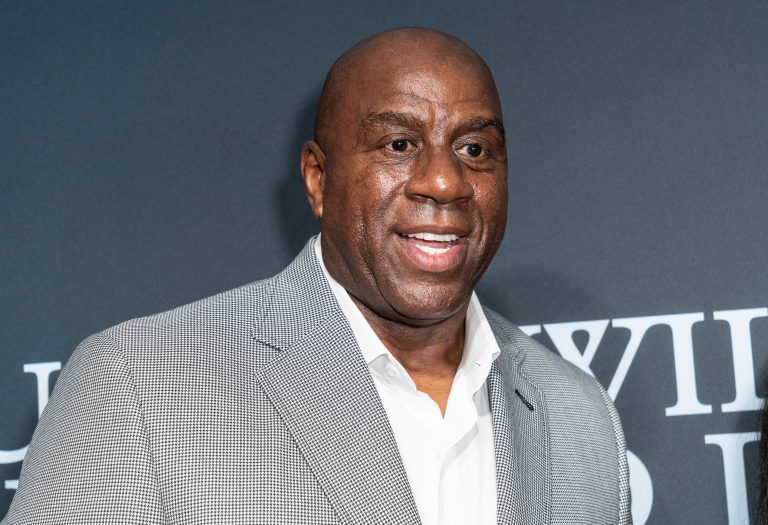
The national team continued to pay tribute to the college players with a pair of scrimmage games against a team of outstanding college players. In the first game between the teams, the college players won 62–54. In 2012, assistant coach Mike Krzyzewski admitted that Daly intentionally lost the game to show his players that they are not invincible. The next day, the teams met again, and the USA national team defeated the college stars.
You cannot cover the sun with your finger
In the preliminary tournament of the Americas Championship, which serves as the Olympic qualifiers, the United States defeated Cuba 136-57. After the game, the coach of the losing team said, "You cannot cover the sun with your finger." The U.S. national team continued to dominate, with an average score of 121-70.
During the Olympic tournament itself, the average score did not differ much, standing at 117-73. The "weakest" game was the final against Croatia, which ended with a 32-point difference, 117-85. The leading scorers for the Americans throughout the tournament were Charles Barkley (18.0 points per game), Michael Jordan (14.9), Karl Malone (13.0), and Chris Mullin (12.9).
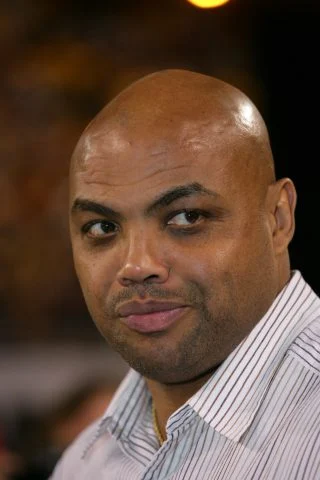
Since the Barcelona Olympics, the United States national team has lost the gold medal only once, and throughout the 19 tournaments it participated in (boycotting the Moscow Olympics in 1980), it has won 16 gold medals, one silver medal, and two bronze medals.